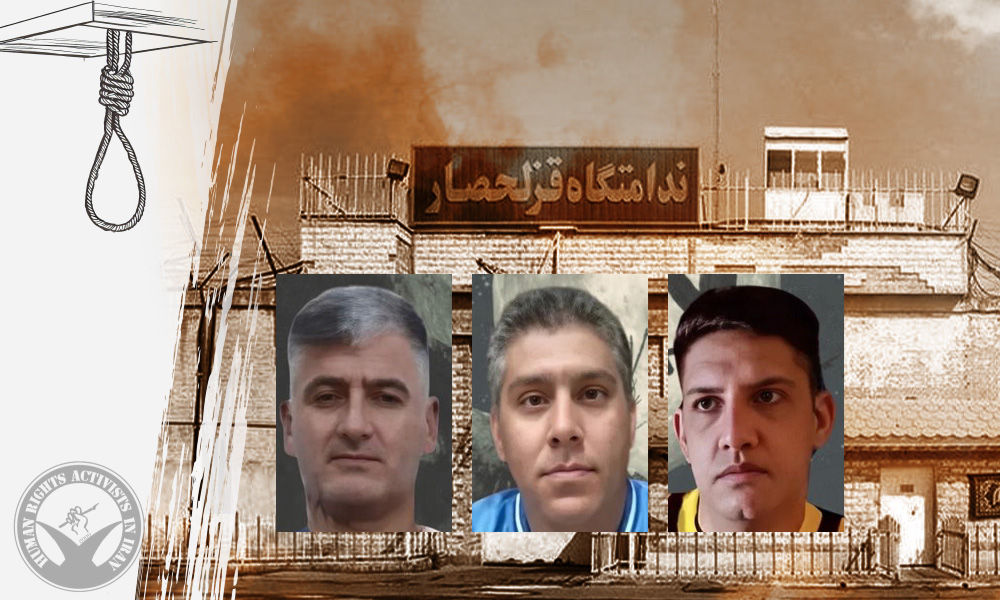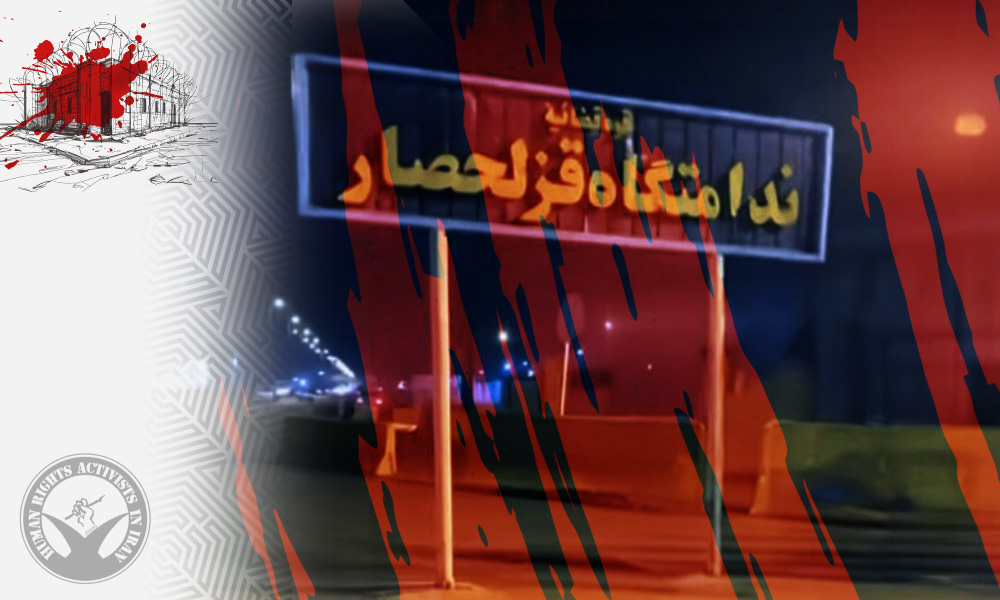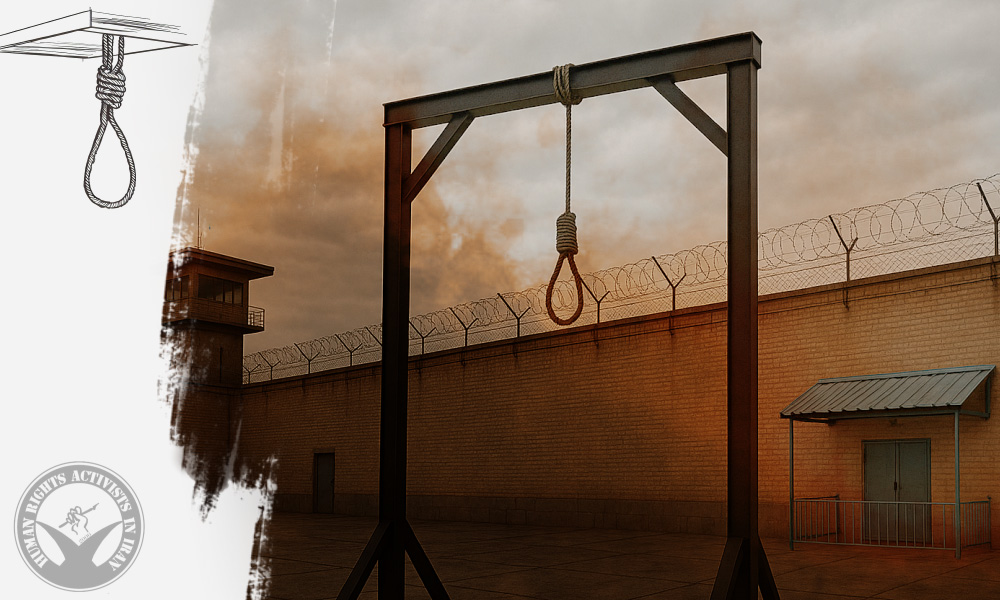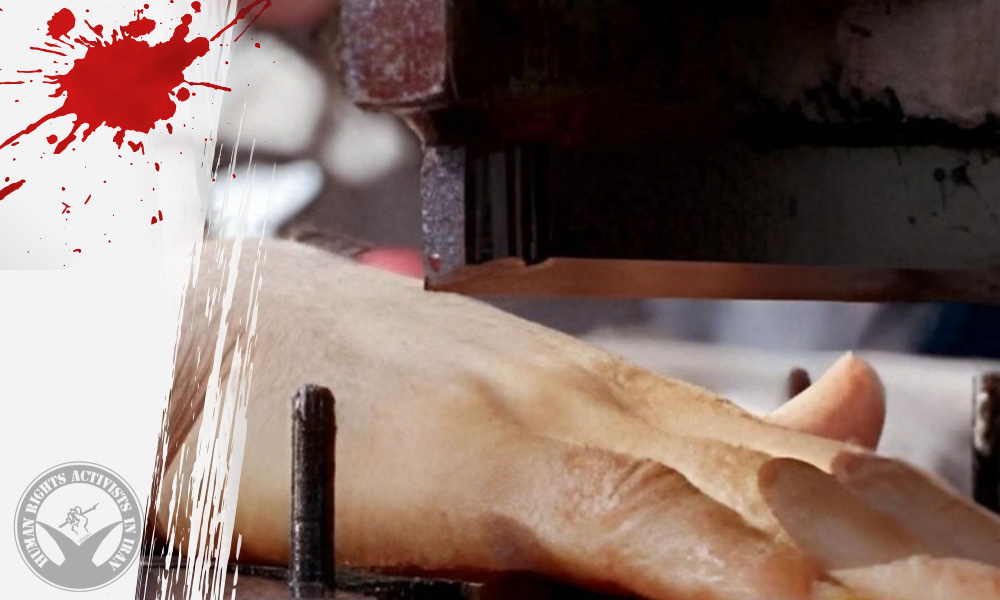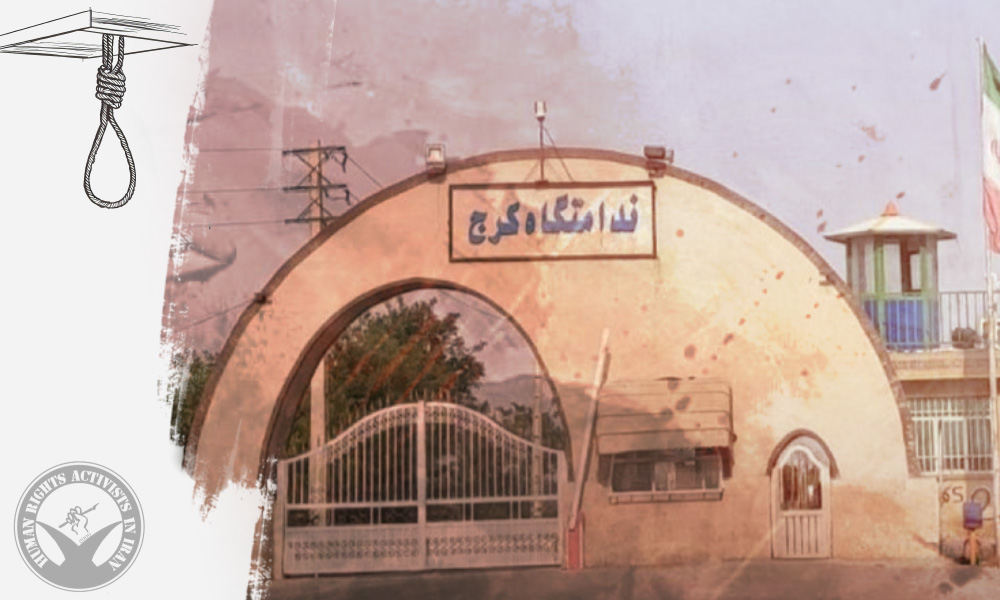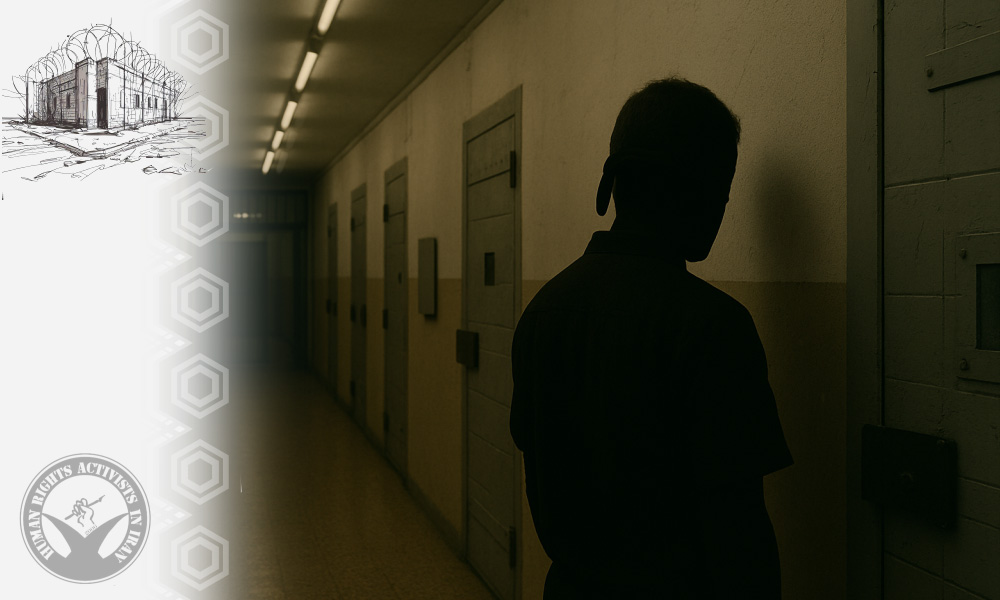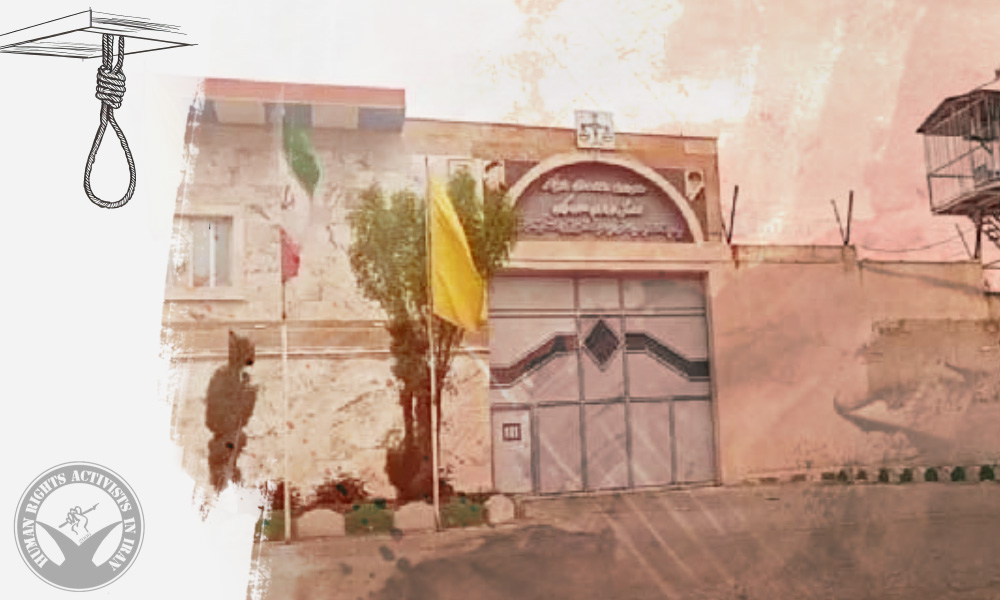HRANA News Agency – Zina Fereydounian, a retired teacher from Qorveh, has been sentenced by the city’s Revolutionary Court to over 13 months of prison and an additional three years of suspended imprisonment in two separate cases.
According to HRANA, the news agency of Human Rights Activists in Iran, Fereydounian was sentenced to 10 months in prison for “propaganda against the regime.” In a separate case, she was sentenced to 91 days of discretionary imprisonment and an additional three years of suspended prison time. The court also imposed a travel ban on her.
Following the court’s refusal to allow her to serve her sentence under electronic monitoring outside prison, the 10-month sentence was referred to the sentence enforcement unit.
A source close to Faridounian’s family told HRANA: “In Qorveh, she supported vulnerable groups by covering wedding and living expenses. Her prison sentence stems solely from her criticism of social conditions.”






